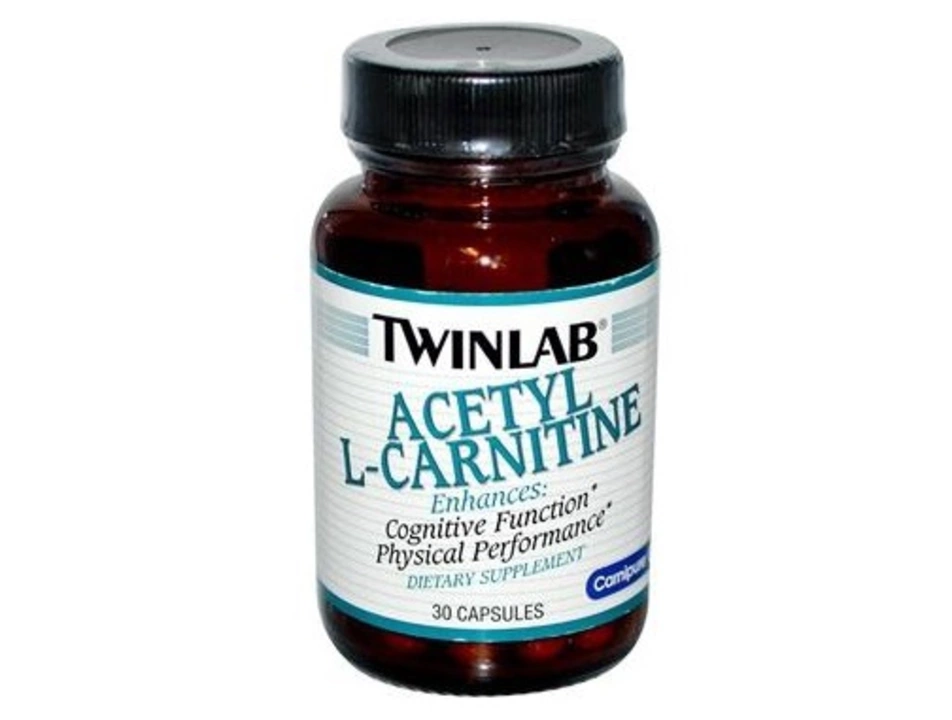Acetyl-L-Carnitine: What You Need to Know
If you’ve heard about acetyl-l-carnitine (ALCAR) and wondered what it actually does, you’re in the right place. This natural compound supports brain health and energy production, making it a favorite in the supplement world. Unlike some supplements that make broad claims, acetyl-l-carnitine’s role in the body is pretty clear: it helps transport fatty acids into the powerhouse of your cells, the mitochondria. This process fuels your cells with energy, which is why many people use it to help with mental sharpness and physical stamina.
Why People Use Acetyl-L-Carnitine
One of the main reasons folks turn to ALCAR is for brain support. Research shows it can help improve memory, focus, and mood, particularly in older adults or those experiencing mild cognitive decline. It’s especially popular because it crosses the blood-brain barrier, meaning it actually reaches your brain cells where it can have an effect.
Besides brain benefits, some studies suggest ALCAR might help with energy and endurance, making it a choice supplement for people dealing with fatigue or those wanting an extra boost during workouts. It’s also explored for potential benefits in nerve health and metabolic support.
How to Take Acetyl-L-Carnitine Safely
If you’re thinking about adding acetyl-l-carnitine to your routine, dosage matters. Typical doses range from 500 mg to 2,000 mg daily, often split into two doses. Starting lower and seeing how you feel is a smart approach, especially if you’re new to supplements.
While generally safe, ALCAR can cause some side effects like nausea or restlessness if taken in high amounts. To avoid unwanted effects, take it with food and monitor your body's response. It’s also a good idea to chat with your healthcare provider before starting, especially if you’re on medications or have health concerns.
Acetyl-l-carnitine is not a magic pill, but it’s a well-researched supplement that offers real benefits when used wisely. Whether you want to support your memory, mood, or energy, it’s worth considering as part of a healthy lifestyle.

